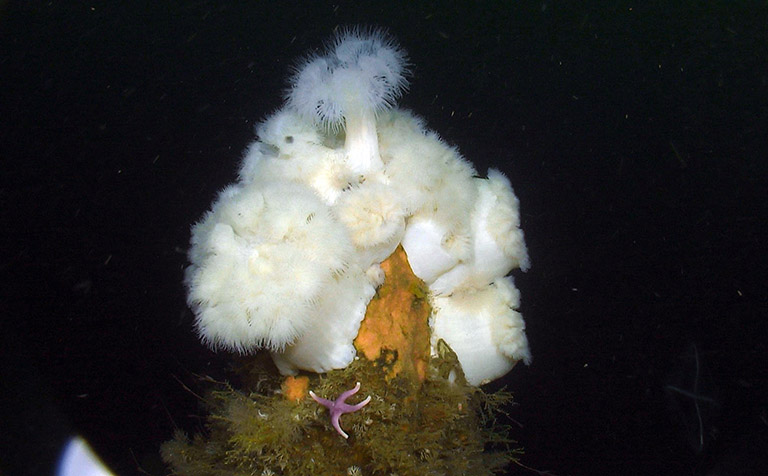REX: the remotely operated vehicle for education and exploration
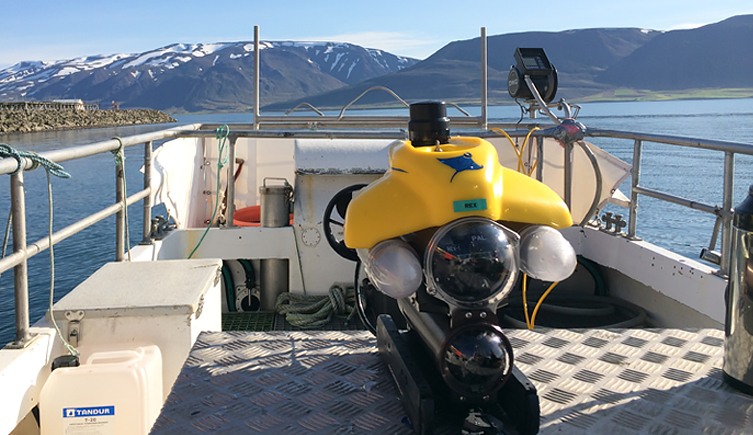
REX before being deployed to document hydrothermal vents in Iceland. Credit: Adrian Glover.
Project summary
- Focus: Creating a low-cost underwater facility for exploration, research and learning
- Funding: The Natural History Museum and the University of Southampton School of Ocean and Earth Science
We run a remotely operated vehicle (ROV) that explores and samples marine environments for research, education and public outreach events.
Known as REX (the remotely operated vehicle for education and exploration), the vehicle is a small remote-controlled submarine equipped with video and sampling capabilities, capable of reaching depths of 150 metres.
We use REX with the University of Southampton research vessel Callista every year for research, teaching and public outreach. Through this collaboration we have developed a system to run REX operations in low-visibility UK waters, even in high-current speeds.
REX has also been central to Museum-led expeditions to document the deep reefs of the Bahamas and near-shore hydrothermal vents of Eyjafjörður in Iceland.
If you are interested in using REX for your research, please contact Adrian Glover or Jon Copley.
REX specifications
REX is a VideoRay Pro 4 ROV, equipped with:
- thrusters
- lights
- two cameras, including a broadcast-quality Sony HD camera
- a manipulator and cutting arm
- scanning sonar
- an ultra-short baseline positioning system
The macro-lens Sony HD camera allows us to get very close-up video of marine organisms.
REX can reach depths of up to 150 metres. This means it can spend much more time at depths of 30 to 100 metres, where scuba diving is time-limited.
A REX dive at the Eddystone reef, off the coast of Plymouth, reveals a diverse underwater ecosystem
Collaborator
- Dr Jon Copley
University of Southampton
Deep-sea systematics and ecology research group
- Group overview
- Antarctic marine biodiversity and climate change
- Deep Sea ID: an app from the World Register of Deep-Sea Species
- Biodiversity in deep-sea mining exploration areas
- REX: the remotely operated vehicle for education and exploration
- Systematics and ecology of deep-sea chemosynthetic ecosystems
Funded by


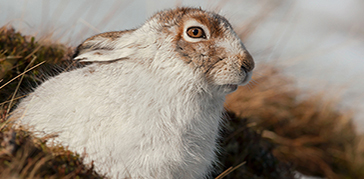
UK biodiversity research
We are creating molecular and digital tools to explore undiscovered biodiversity.
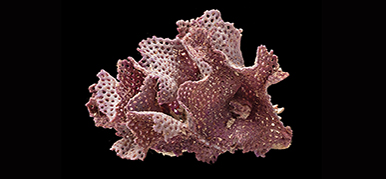
Invertebrate research
Our scientists are investigating the taxonomy, systematics and biodiversity of groups of invertebrates.
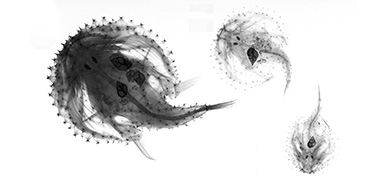
Zoology collections
Our zoology collection has 29 million animal specimens and is rich in voucher, type and historical specimens.


